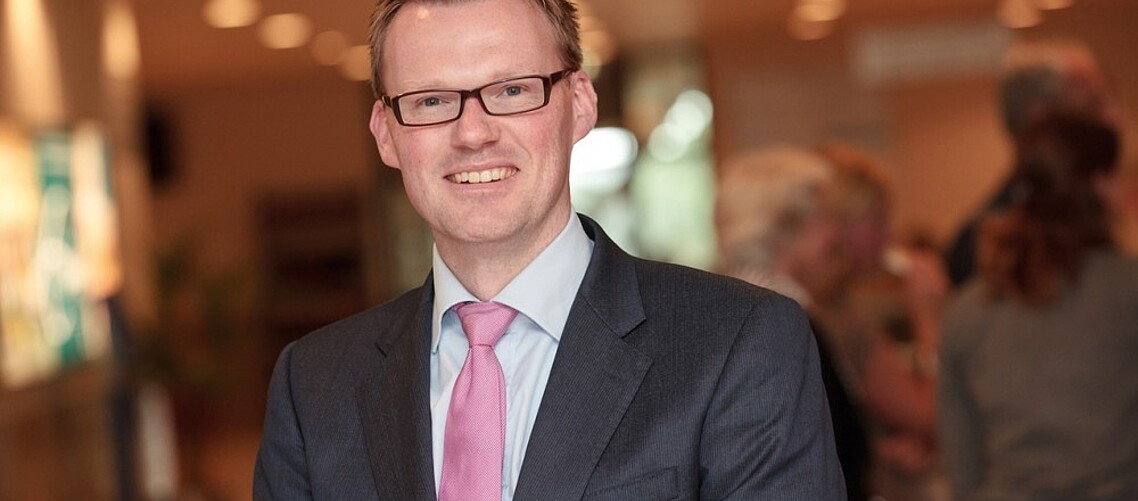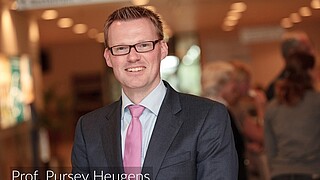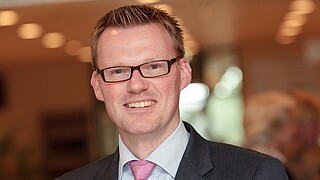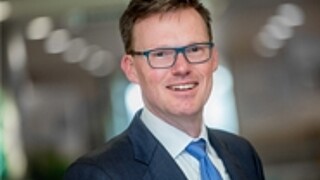Entrepreneur or steward?
According to Professor Pursey Heugens, researcher at RSM’s Erasmus Centre for Family Business (ECFB), “In many cases, founders hand over the reins of the business without really trusting their successors. Measures frequently remain in place that ensure that de facto control is retained by the old guard. This kind of situation is detrimental to the entrepreneurship of the succeeding generation; they are already inclined to see themselves as stewards or trustees of the business rather than as entrepreneurs. A record number of family businesses are expected to change ownership in the next few years.”
Dividends at the expense of innovation
For many family businesses, the dividend policy also becomes more of a burden as the number of generations increases. Heugens explained: “Each succeeding generation increases the size of the family, likewise the number of people entitled to dividends also increases. This means that family businesses increasingly focus on generating a steady income. This focus is maintained at the expense of research and development, even though family businesses usually invest heavily in innovation and are very effective in this regard. Per patent, for example, family businesses incur only one-sixth of the costs incurred by large companies.”
It is not uncommon for some family members to be entirely financially dependent on the dividend paid by the business while not contributing to it themselves. In a commercial sense, it is better to buy out these family members as soon as possible.”
Preparing well in advance
Mirelle Pennings, director of the Rabobank team that serves large enterprises, and Joost Vat, partner at BDO, believe that the study provides key reference points for successful succession processes in family businesses. Vat explained: “It is important to realise that a transfer means a major transition in both an emotional and a business sense. It is therefore important to prepare well in advance; even 10 years prior to the intended transfer is by no means too soon. Allowing plenty of time makes it possible to properly plan for, and manage, affairs in terms of tax, because considerable amounts may have to be paid in this context. Preparing well in advance all gives family members the time to become accustomed to their new roles.”
Remaining decisive
Pennings added: “Making key decisions in good time remains essential, also in a transition period. We sometimes see, for example, that although companies grow rapidly when the first generation is at the helm, the supporting IT infrastructure becomes outdated because the key decision in this regard is postponed until the seemingly logical time of succession. The new generation therefore inherits a place that needs a lot doing to it. This risk can be avoided by maintaining the level of awareness and knowledge required and by cooperation between generations.”
Facts about family businesses
- 69 per cent of all Dutch companies are family businesses;
- 49 per cent of employees in the Netherlands work for family businesses;
- Family businesses account for 53 per cent of Dutch GDP;
- Family businesses are transferred to a new generation on average every 17 years.
The report Nieuw bloed, nieuwe koers (New blood, new course) is published in Dutch today and can be found here.



